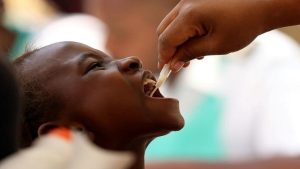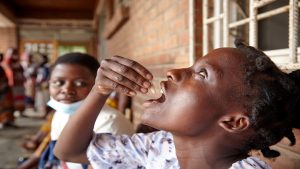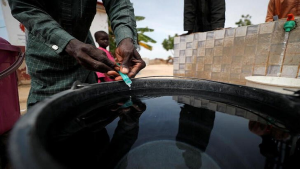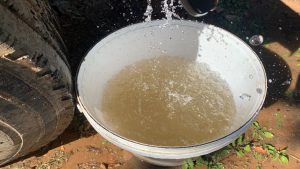The National Department of Health is urging doctors across the country to begin cholera treatment immediately if it is suspected that a patient maybe infected and not wait for test results.
The Department hosted a webinar updating the nation on the cholera outbreak.
Over 100 cases of cholera have been confirmed in Hammanskraal in Gauteng and 15 people have died due to the outbreak.
Cholera Outbreak Update:
The National Institute for Communicable Disease’s Dr Juno Thomas says the local cholera cases are of much higher concern to the country, than those that have an imported link.
“Any acute watery stool must be regarded at suspected cholera. The locally acquired cholera are of higher concern. It indicates there is local transmission. But the indigenous cases that have no link to an imported case. Those are of major concern. It’s very likely there are may other cases that have not been identified.”
The NICD says poor border management across the continent continues to increase South Africa’s risk of imported cholera cases from other African countries.
Currently, Malawi remains the epicentre of the outbreak on the continent.
The NICD’s Nevashan Govender says, “Cholera is a big, ongoing concern. We been monitoring since late last year, our neighbours in the SADC region are obviously struggling, with the management of the outbreak. Cross border transmission continues to create a threat and risk for SA with imported cases. Now, that we have our own local transmission, the risk is still there for importation along with the local transmission.”
South Africa has already established local transmission which health officials remain concerned about.
Dr Jeremy Nel is from the Helen Joseph Hospital in Gauteng.
He is advising doctors on the clinical management of the disease in order to save lives.
“The first thing is knowing when you test and when to suspect. You do not wait for confirmation before potentially treating the patient. Most cases are asymptomatic or mild. Mild cholera, you cant distinguish from other diseases. If you get the fluids right with cholera, you almost always fine. Isolate the patients wherever possible. Depends on which facility you at, keep them away from others. Ideally, if possible try to get them a dedicated toilet so they not sharing with others.”
The National Department of Health is cautioning South Africans to exercise high levels of hygiene in order to stop the spread of cholera.
The Department’s Zamokhule Mntambo provides crucial hygiene tips to be implemented at homes.
“In terms of household treatment use bleach. Boil water for at least two minutes. Wash your hands with soap and clean water before preparation. Cook food thoroughly, avoid raw food, especially fish and meat. Wash and peel fruit and veg before eating them.”






